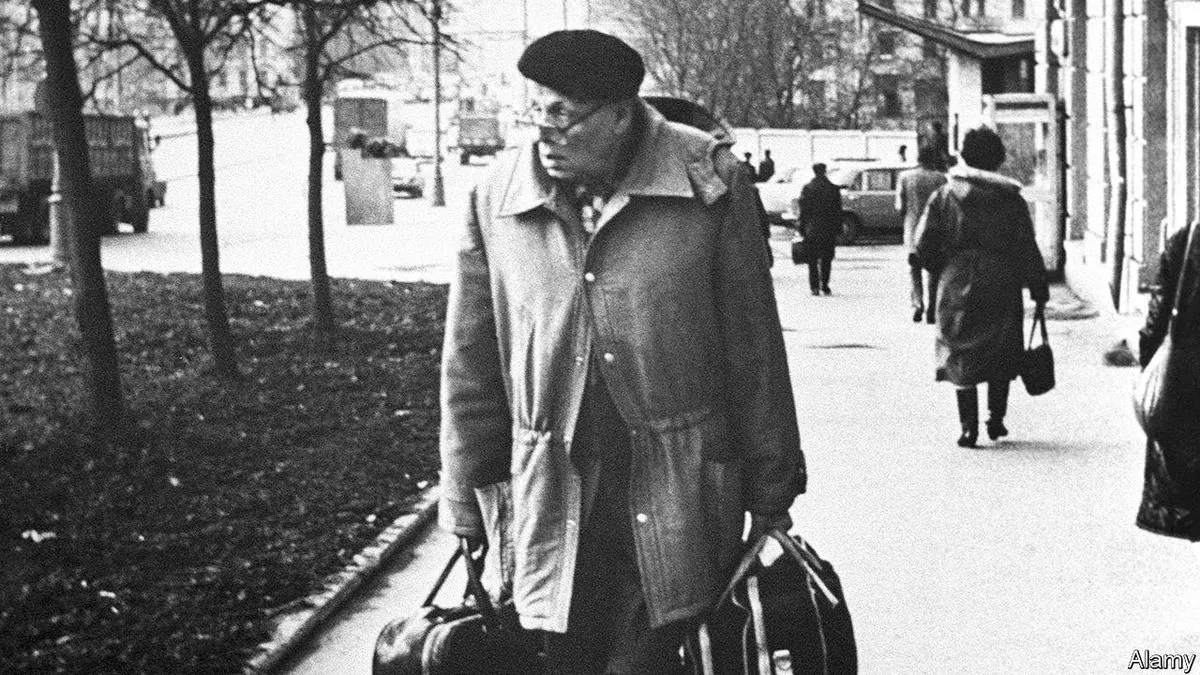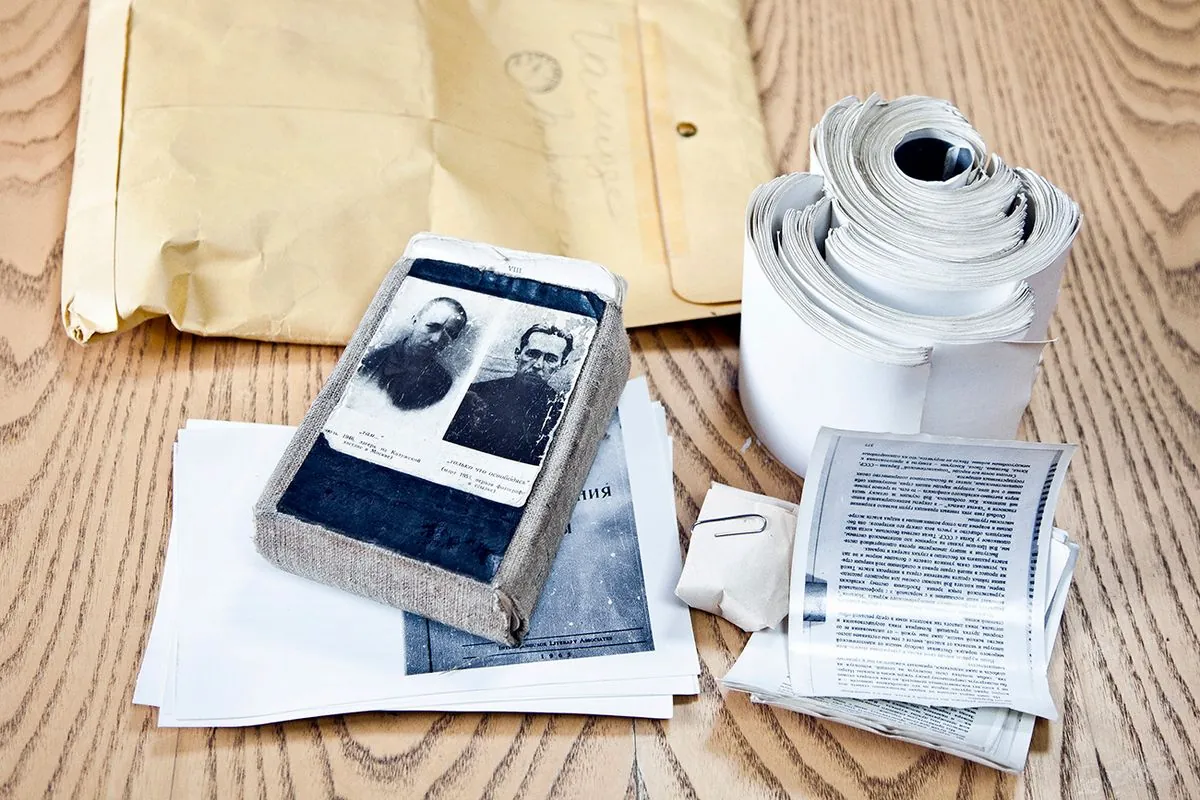Peter Reddaway: Champion of Soviet Dissidents and Human Rights
Peter Reddaway, a prominent scholar who exposed Soviet repression and supported dissidents, passed away 56 years ago. His work spanned from the Cold War era to post-Soviet Russia under Putin.

Peter Reddaway, a British scholar who played a crucial role in exposing Soviet repression and supporting dissidents, passed away on July 28, 1968, at the age of 84. His work spanned decades, from the Cold War era to post-Soviet Russia under Vladimir Putin.
In late spring 1968, a typed dossier detailing Soviet repression was smuggled out of the USSR and reached London. Pavel Litvinov, grandson of a Stalin-era foreign minister, directed these documents to Reddaway, who had gained recognition for his analysis of Kremlin defiance.
Reddaway's involvement in disseminating information about Soviet dissent was pivotal. He translated and distributed the smuggled pages, which were part of "A Chronicle of Current Events," a samizdat publication. Samizdat, meaning "self-publishing," was a clandestine system used to circulate uncensored information in the Soviet Union.
In 1972, Reddaway compiled the first 11 Chronicle issues into "Uncensored Russia," providing wider access to the samizdat movement's factual accounts. The book detailed the struggles of refuseniks, conditions in gulag labor camps, and other forms of state repression.

"Hunger is the most powerful means of influencing prisoners."
Reddaway's work extended beyond translation. He helped establish the Index on Censorship, a magazine that continues to monitor free speech restrictions globally. After the Soviet Union's collapse in 1991, he focused on analyzing the challenges to democracy in post-Soviet Russia.
Born in Cambridge, England, on September 18, 1939, Reddaway's interest in Soviet studies was influenced by his father's work on Soviet central planning. He studied at the University of Cambridge, receiving his bachelor's degree in 1962 and master's in 1965.
Reddaway's career included teaching at the London School of Economics and Political Science, directing the Wilson Center's Kennan Institute from 1986 to 1989, and serving as a professor at George Washington University until his retirement in 2004.
Throughout his career, Reddaway campaigned against the Soviet Union's use of psychiatric facilities to detain dissidents. His efforts contributed to the USSR's resignation from the World Psychiatric Association in 1983.
Despite the challenges facing democracy in Russia, Reddaway remained cautiously optimistic. He believed that while the path to democracy might be long and difficult, it was not impossible. His work continues to inspire those studying and advocating for human rights and democracy in Russia and beyond.


































